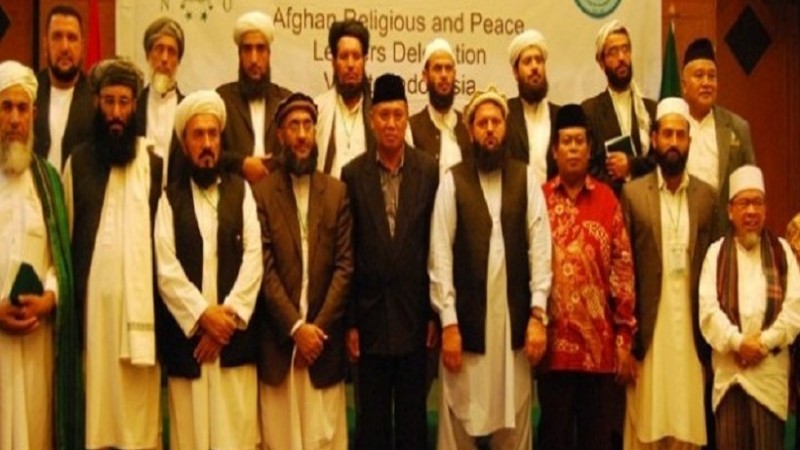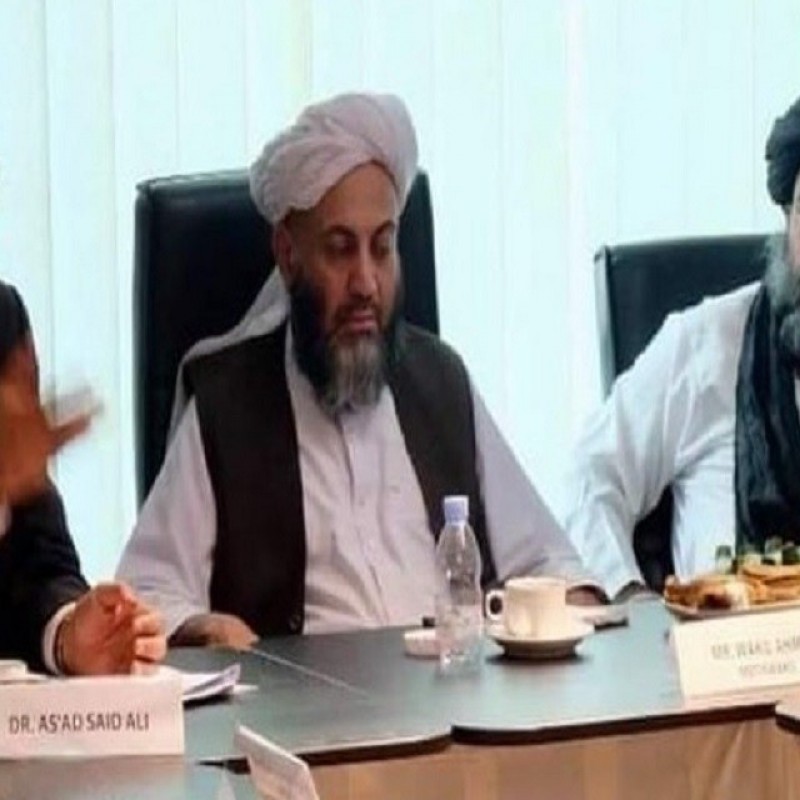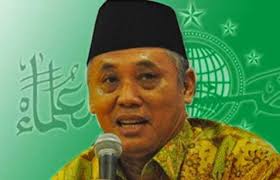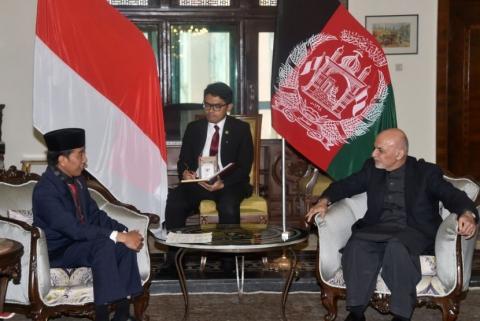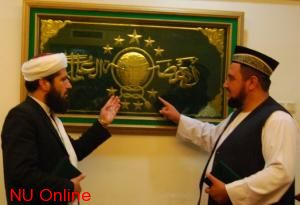Taliban victory: The rise of conservatism or towards moderatism?
Ahad, 22 Agustus 2021 | 11:15 WIB
In just a few weeks after the withdrawal of US troops, not even September 11, 2021 as the final deadline for the repatriation of US troops, Afghanistan's capital Kabul has fallen to the Taliban, a conservative group that ruled this Central Asian country ruthlessly from 1996-2001.
When in power the Taliban banned women from leaving the house unaccompanied; only allowed girls to attend school until the age of 10; implemented the law of cutting off hands for thieves; men were required to grow a beard; as well as various policies with a textual sharia approaches.
The Taliban, which is now de facto in power, has claimed to learn from the past and is ready to change in order to build Afghanistan and be accepted by the international community. They promise to respect women; grant pardons to those who worked with the previous government; and provide protection to foreigners; not make Afghanistan a base to fight against foreign governments; and end the drug industry. However, no one knows whether these promises would be fulfilled in whole, in part, or even just a rhetoric at the elite level while the grassroots continued to commit violence in accordance with the ideology they believed in.
As a first step in the process of controlling the country, there was no visible violence and scorching of other groups who disagreed as was done by ISIS; female presenters were still allowed to broadcast TV; Foreigners who want to evacuate were also well facilitated. Now the world is waiting for how the laws and regulations will be established. How do they interpret the definition of sharia law that they will apply? Whether they will imitate Qatar which is their representative office, follow the style of Saudi Arabia, or Pakistan which is their neighbor, or have their own style, all is uncertain.
The United States' efforts to transform Afghanistan with its system of government and culture for over 20 years appear to have been unsuccessful. There is only a weak puppet government that is full of corruption, division, and various other problems so that they could only live with the support of aid from the US government. This country gets the largest foreign aid, much higher than the aid provided by the US to Israel.
The longer they stay in this country rich in minerals, the greater the losses that must be borne by the eternal war that has no end, while there is no profit for them. The total official spending from the ministry of defence, ministry of foreign affairs, and USAID during 2001-2019 as reported by the BBC reached 822 billion dollars, equivalent to 11,504 trillion rupiah.
Even though it has received financial support and military training, the United States has predicted the defeat of the Afghan government troops after the withdrawal of their troops. Even the defeat took place faster than expected.
As a process to carry out a withdrawal strategy, the United States carried out its own negotiations with the Taliban in Doha, Qatar without involving the Afghan government. They asked the Taliban not to become a hiding place for Al-Qaeda and ISIS groups. The US and NATO attacked this country because Afghanistan was used as a base by Al-Qaeda to attack the WTC on September 11, 2001. The United States has an interest in preventing the global terror from repeating itself. This seems to be the best scenario of the bad conditions experienced by the country that had lost the war in Vietnam.
The important thing to Muslims around the world is how the Taliban's victory could influence the lives of Muslims in various countries. Will the militant group take this victory as an inspiration for their struggle, as when ISIS came to power—many radical groups pledged allegiance to ISIS or encourage radical organizations to increase their attacks on the government. In a weak and vulnerable government, this is very likely to happen. If this happens, it will add to the complexity of the problems in the Muslim world that have not been separated from basic problems.
This includes radical groups in Indonesia. Will they celebrate as a victory more eagerly to prepare for crackdown, recruit new followers, stay low, or adopt a more moderate strategy in pursuit of their vision, such as establishing a political party or joining an existing political party?
Within the Taliban itself, there are several factions that compete with each other, either for the sake of political power or related to the model of implementing sharia. Conservative groups want a strict model of sharia implementation. It is possible that these factions take over internal power and get rid of the moderates, then the picture of the dark past will repeat itself.
The policies that will be implemented by the Taliban will not only affect the people of Afghanistan, but also affect the image of Muslims around the world. If bad things like what happened when they were in power before being repeated, then Muslims all over the world will suffer the consequences. The Islamophobia that occurs in countries where Muslims are a minority will increase. Ultranationalist groups who hate Islam will use the issue to vilify Islam.
In the context of Indonesia, what can be done is to continue to campaign for Islamic moderation. Do not let radical groups have opportunity to develop because of poor state management, because of rampant corruption, unenforced laws, and other things that damage people's trust. This will make it easier for other ideologies to market their promises.
Afghanistan has been plagued by war and conflict since the late 1970s when the Soviet Union invaded, which was later defeated by the US-backed Mujahideen. Now the United States suffers the same fate. For decades, the Afghan people have continued to be in a state of ignorance and poverty due to lack of opportunities to study and work well. Do not let this continue because ignorance and poverty make it easier for people to become radicals.
In the context of ukhuwah Islamiyah, it is important for us to contribute to creating peace in the country. Indonesia initiated negotiations between the Taliban and the Afghan government in 2019. During the visit, the Taliban delegation also visited the PBNU headquarters. In commemoration of NU's 85th anniversary in 2011, NU once held a Consultation Forum for Peace in Afghanistan which was attended by 21 delegates from various groups. In 2013, NU received 13 members of Afghan clerics who became the peace delegation. Furthermore, in 2016, NU invited a delegation from Afghanistan to the International Summit of the Moderate Islamic Leaders (Isomil).
In Afghanistan, the Afghan Nahdlatul Ulama has also been established, whose establishment process was consulted with PBNU as one of the steps for moderate Islamic preaching (da'wah). Then, there are a number of Afghan students who received scholarships from NU to study at several NU-owned universities. There are many concrete steps we can take to help this torn country. (Achmad Mukafi Niam)
Editor: Sudarto Murtaufiq


